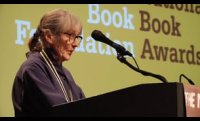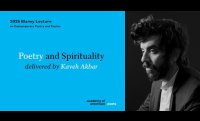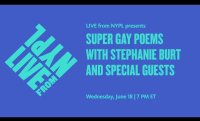Ruth Stone House Poetry Retreat
The 2025 Ruth Stone House Poetry Retreat will be held from August 24 to August 30 at poet Ruth Stone’s historic rural farmhouse in the Green Mountain National Forest in Goshen, Vermont. Programming includes daily workshops, craft seminars, readings, and designated writing time for poets. The 2025 theme is “The Poetics of Nothing.” The faculty includes poets Bianca Stone and Mathias Svalina. The cost of the conference, which includes meals, is $1,500.
Ruth Stone House Poetry Retreat, 788 Hathaway Road, Goshen, VT 05733.










